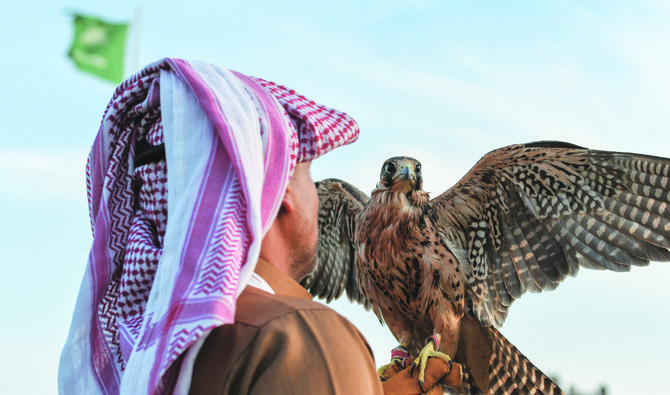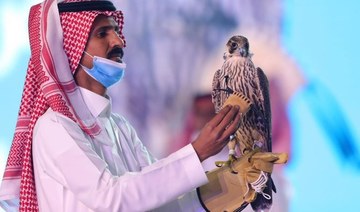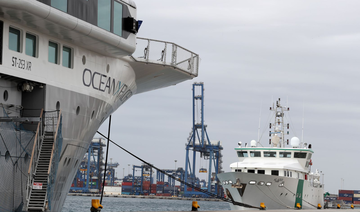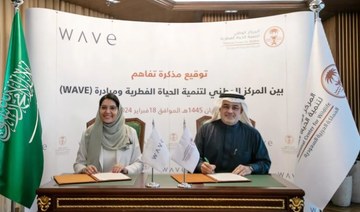MAKKAH: A conference on the main terrestrial and marine species in Saudi Arabia and their role in preserving the ecosystem was held on Thursday by the National Center for Wildlife.
The center held the event to celebrate World Wildlife Day, using the occasion to emphasize the importance of protecting these species because of their important role in preserving ecological balance. It said there were 8,400 plant and animal species that were under extreme threat worldwide and that a lot of effort was required to preserve them.
Ahmed Al-Bok, the center’s director general of studies and CEO, said a project to limit the damage caused by baboons was being carried out to identify the problems and provide the best solutions.
Baboons pose a threat to humans and the environment in Saudi Arabia. In addition to destroying crops, they attack residential areas, terrorize residents, litter, sabotage civilian and government facilities, cause accidents, and transmit diseases.
Al-Bok said he was conducting field surveys to determine the extent of damage in the areas affected by baboons, after which he would prepare a roadmap to find a solution with the help of ranger units, veterinarians, and specialist researchers.
The symposium also heard information about the dwindling national and international eagle population. Dr. Mohammed Shubraq, a member of the advisory committee of the Memorandum of Understanding on the Conservation of Migratory Birds of Prey between Africa, Asia, and Europe, said in his research paper that eagles played an important part in preserving the ecosystem.
“There are 23 species of eagles, 16 of which are found in Asia, Africa, and Europe (and) are migratory eagles, and seven in the US.”
HIGHLIGHTS
The National Center for Wildlife said there were 8,400 plant and animal species that were under extreme threat worldwide and that a lot of effort was required to preserve them.
Baboons pose a threat to humans and the environment in Saudi Arabia. In addition to destroying crops, they attack residential areas, terrorize residents, litter, sabotage civilian and government facilities, cause accidents, and transmit diseases.
The black Aegypius monachus, which spends the winter in Saudi Arabia, is under threat. The brown griffon vulture, found in mountainous areas in the southwest of the Kingdom, and the barbatus have witnessed a sharp decline in recent years.
Shubraq said the number of eagles had decreased dramatically around the world, that 11 species were already endangered while four were on the verge of becoming extinct. He also said that, in the Imam Saud bin Abdul Aziz Reserve, eagles had helped to dispose of 32 percent of dead animals while stray dogs and foxes had helped to dispose of another 3 percent.
Eagles in Saudi Arabia are divided into three types: Breeding, migratory, and straying.
The four breeding eagles are: Egyptian vulture, lappet-faced vulture, the bearded Gypaetus barbatus, and the brown eagle found in the north of the Kingdom.
The migratory eagle is known as the serinus. The stray eagle is called the nebula eagle and is found in Saudi Arabia’s southern Tanomah governorate.
The black Aegypius monachus, which spends the winter in Saudi Arabia, is under threat. The brown griffon vulture, found in mountainous areas in the southwest of the Kingdom, and the barbatus have witnessed a sharp decline in recent years.
Eagles have dramatically decreased in the past four decades in all regions, and some species have totally disappeared, while many species are under threat of extinction and little can be done to save them.
But there was still a chance to reverse the tide if global efforts were combined to eradicate the reasons leading to their extinction, including poisoning, which is the main reason for the disappearance of eagles in Saudi Arabia, the symposium heard.






























